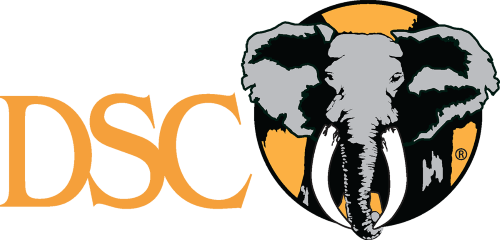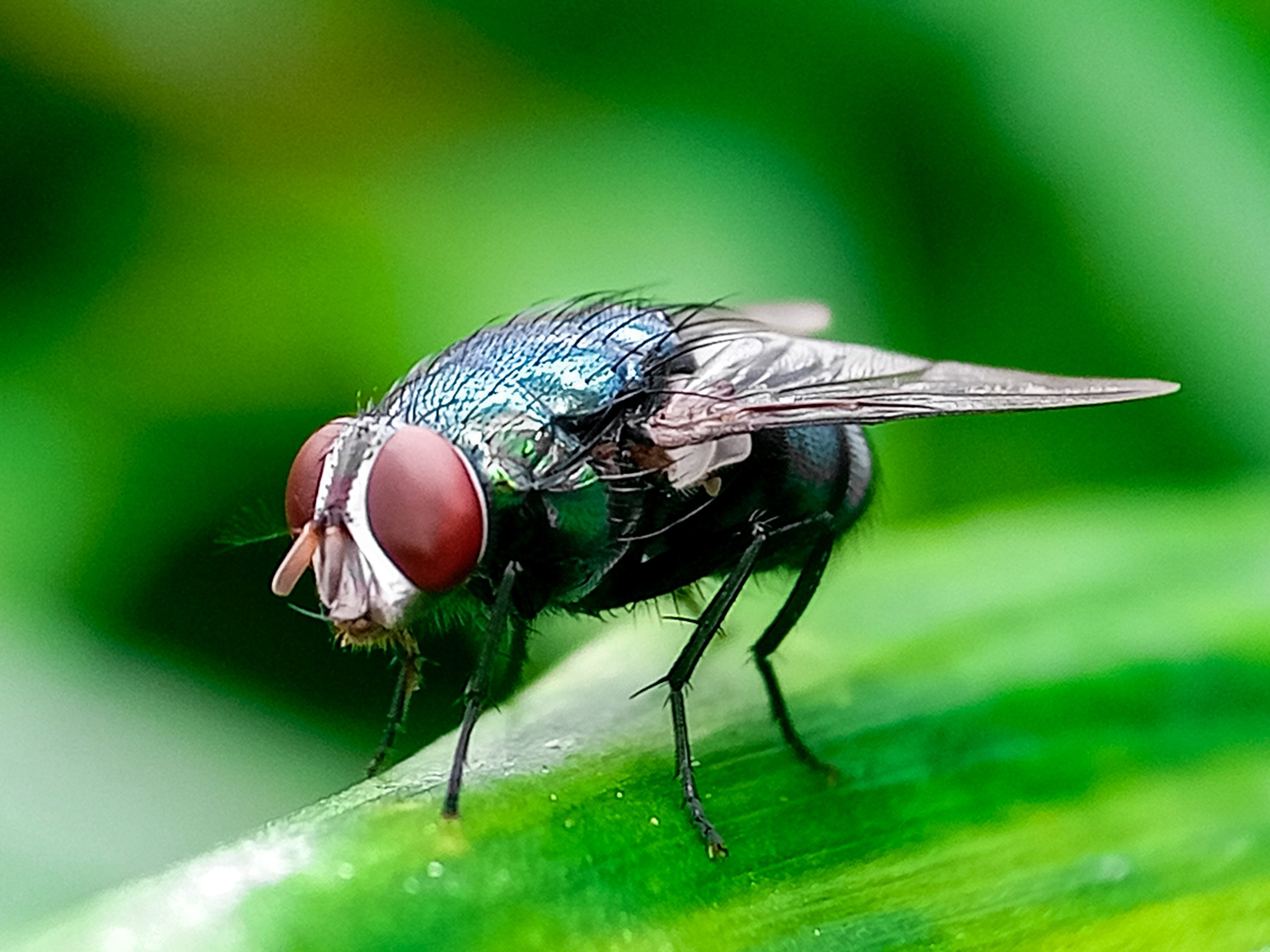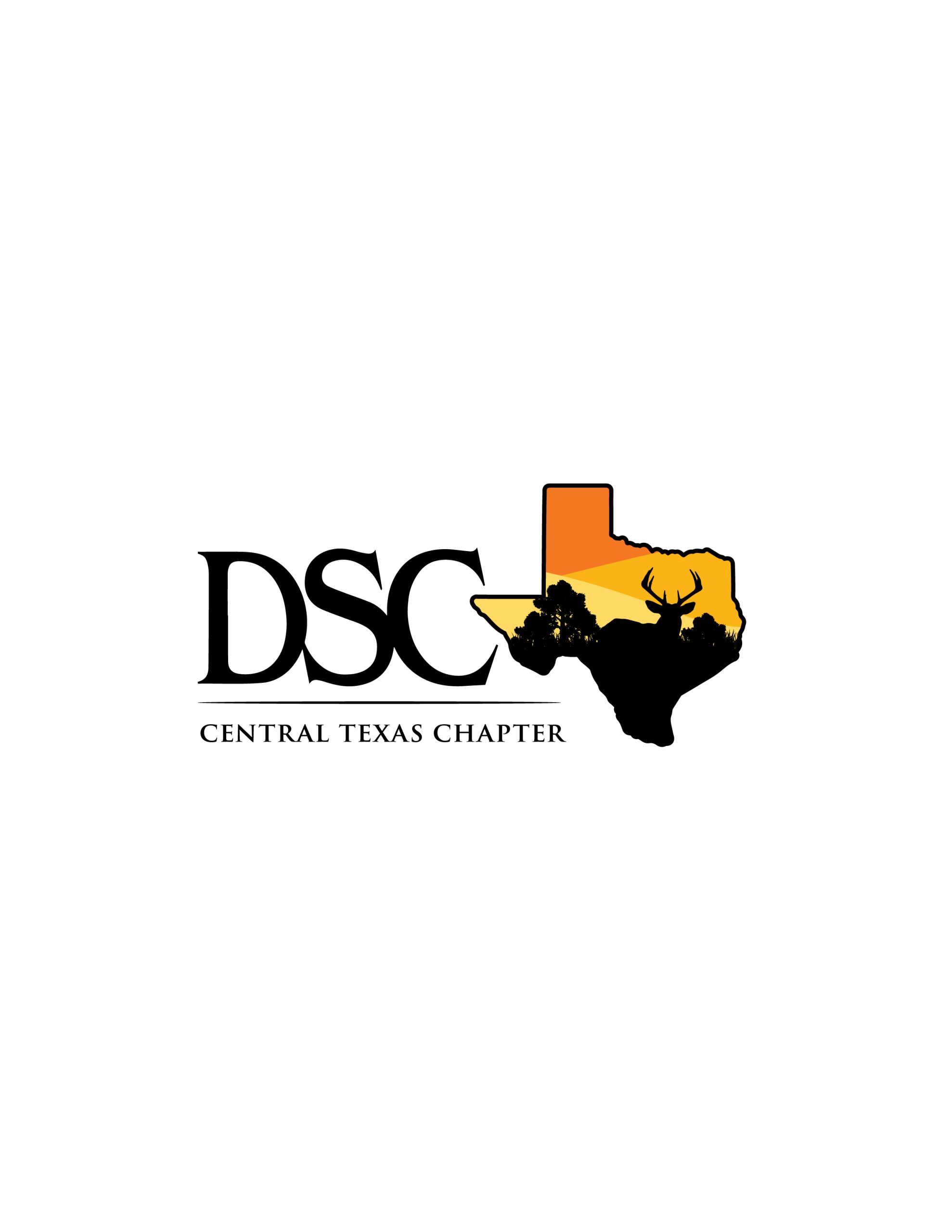Last week, a collared lion was tracked and shot by a professional hunter (PH) and his client near Hwange National Park. The animal was well outside the confines of the park, and was hunted in a fair-chase, ethical manner.
Upon discovering the lion was a research subject, PH Richard Cooke, a DSC member, retrieved the collar plus hair, blood and tissue samples for the researchers. From these valuable specimens, ongoing lion research will provide more information about lion habits, range, and reproduction. Such vital data can then inform the decisions by officials for sustainable use, hunting quotas, etc. The ripple effect of this data could last for years. DSC is proud to be a supporter of these initiatives, through advocacy at the national and international level, as well as conservation grants through the DSC Foundation.
In a grab for media attention, many outlets are re-hashing attacks on hunters and hunting that occurred when another lion was shot in Zimbabwe in 2015.
DSC President Craig Nyhus said, “A combination of science, policy and common sense creates the best possible scenario for the conservation of wildlife. Hunting is a vital part of that equation.”
DSC Interim Executive Director Karl Evans said, “Following one line of thinking, jumping to conclusions, and overreacting to headlines have not saved one lion. Not one. None.”
In 2013, DSC defined the ideal huntable male lion: That lion “is at least six years of age and is not known to be part of a coalition heading a pride with dependent cubs.” In May of that same year, an international assembly of conservationists representing 84 different countries adopted the African lion hunting policy modeled after that of DSC. Extensive scientific research has clearly shown that hunting older male lions has no negative effect on populations.
As with any game species in Africa, hunting, as well as the money generated by legal hunting, gives lions a tangible value that is irreplaceable in impoverished rural communities. Over the years, one irrefutable fact has been proven in Africa: when hunting goes away, so does the wildlife.
Zimbabwe, the country leading the headlines again, provides a perfect example of the positive benefits of hunting-generated revenue directly supporting conservation efforts. The Zimbabwe Parks And Wildlife Management Authority is tasked with the protection of wildlife in the country. In recent years, 50 percent of the department’s operating budget has been derived solely from revenue generated by hunting.
DSC has developed its policy on the taking of African lions, and is active in funding research and forging relationships with like-minded conservation organizations to promote conservation policy. Educating the public on the role of legal, ethical hunting and its positive effects on wildlife and conservation issues is a priority of DSC.
About DSC
A member of IUCN, DSC is a mission-focused conservation organization, funded by hunters from around the world. With an administrative staff of less than 15 and a volunteer army of 500, DSC hosts the Greatest Hunters Convention on the Planet™ that raises funds for grants in conservation, outdoor education and hunter advocacy. In the past five years, more than $5 million has been channeled to qualified projects, organizations and programs in support of that mission. Get involved with DSC at www.biggame.org.
About DSCF
DSC Foundation is a non-profit corporation organized under section 501c3 of the Internal Revenue Code of 1986, as amended. DSC Foundation serves the mission of DSC to conserve wildlife and wilderness lands, to educate youth and the general public and to promote and protect the rights and interests of hunters worldwide. Learn more about DSC Foundation at www.dscf.org.



